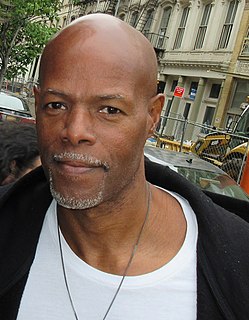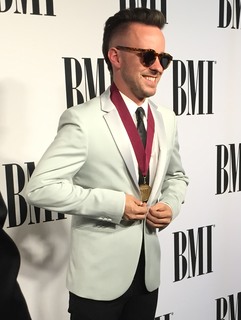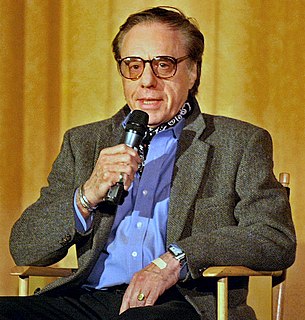A Quote by George Orwell
Related Quotes
Never use a metaphor, simile, or other figure of speech which you are used to seeing in print. Never use a long word where a short one will do. If it is possible to cut a word out always cut it out. Never use the passive voice where you can use the active. Never use a foreign phrase a scientific word or a jargon word if you can think of an everyday English equivalent. Break any of these rules sooner than say anything outright barbarous.
Once committed to fight, cut. Everything else is secondary. Cut. That is your duty, your purpose, your hunger. There is no rule more important, no commitment that overrides that one. Cut. Cut from the void, not from bewilderment. Cut the enemy as quickly and directly as possible. Cut decisively, resolutely. Cut into the enemy’s strength. Flow through the gaps in his guard. Cut him. Cut him down utterly. Don’t allow him a breath. Crush him. Cut him without mercy to the depths of his spirit." -Richard Rahl
Now, tell me how you're going to teach the history of Jefferson, and cut out all those quotes and cut out all these facts, and cut out the key line of the Declaration of Independence: We are endowed by our Creator. I mean you have to have a conscious deliberate censorship of America, which is what the left and the courts and the classrooms has had for 40 years.
I found out - the paper used to go to bed on Tues - on Monday. I found out that on Monday nights, the editors would cut out - literally cut out passages, sometimes whole paragraphs, of some of the writers that might possibly offend blacks, lesbians, gays, radicals. And I wrote a couple of columns about that. And they're - of course, they were annoyed that I had written about it, but, I mean, it - another example - and [my wife Margot] always also conjured that.






































